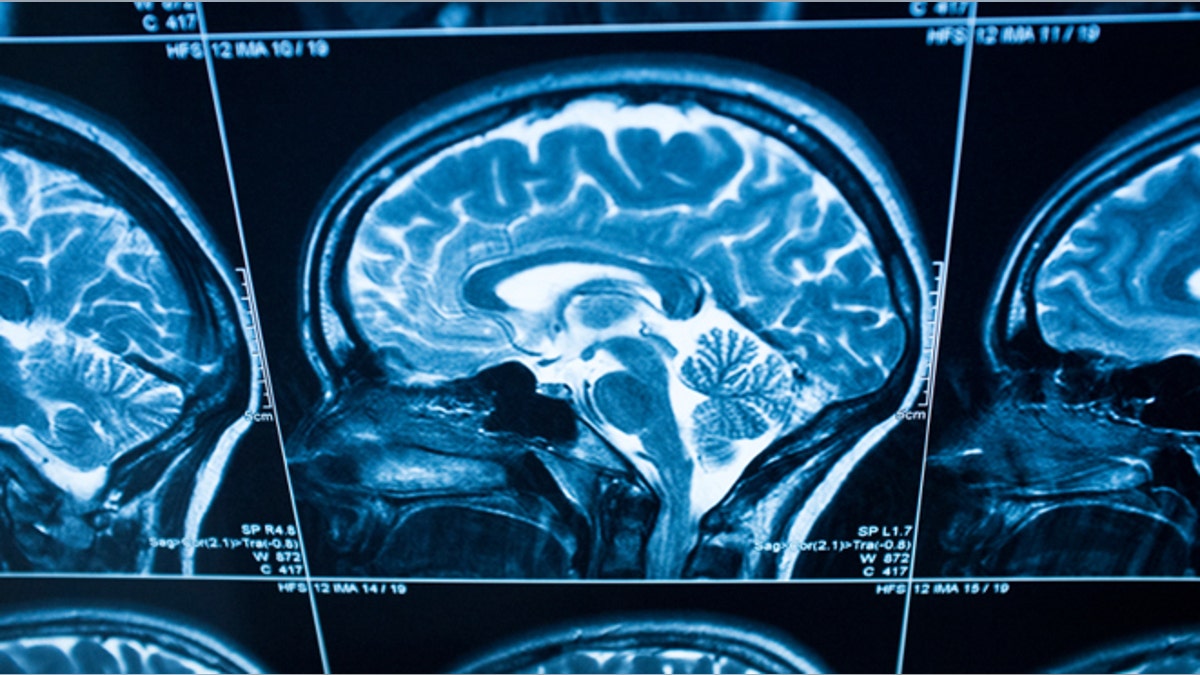
The brains of some Alzheimer’s patients may be able to compensate for early neurological changes associated with the disease, BBC News reported.
The study, published in Nature Neuroscience, suggests that in some cases, the human brain may actually be able to harness extra nerve power to help maintain cognitive function.
Researchers at the University of California Berkeley studied 71 adults with no outward signs of mental decline. Brain scans revealed 16 of the older participants had amyloid deposits, or tangles of protein which are indicative of Alzheimer’s disease.
Scientists used scanners to track brain activity in the participants who were asked to memorize a series of pictures in detail. Study subjects were then asked to summarize what they had seen, and later, recall details of the images.
Study authors found that when asked to remember details, the brains of patients with amyloid tangles showed more activity, suggesting they have the ability to compensate for early damage caused by the disease. Both groups performed equally well in recollection.
"I think it is very possible that people who spend a lifetime involved in cognitively stimulating activity have brains that are better able to adapt to potential damage," Dr. William Jagust, a professor of neuroscience at UC Berkeley and researcher on the study said.
Study authors noted that more research is needed to determine why some patients with amyloid protein buildup are better at using different parts of their brain than others.








































